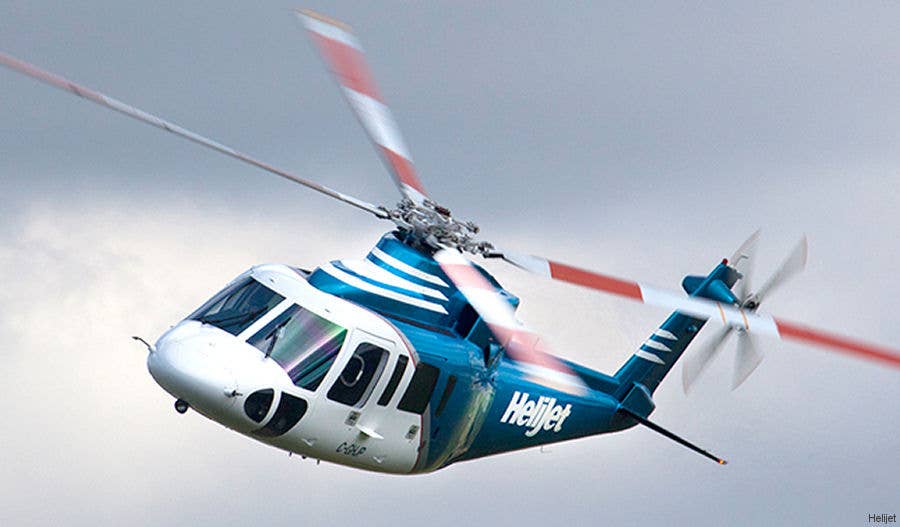Blade Partners with Helijet’s Booking Platform to Expand Service in Canada
Deal is valued at $12 million and runs through 2026 with automatic renewals in two-year increments.

Blade’s stock has been largely been trading between $7 and $11 per share since May. Courtesy: Blade Air Mobility
Blade Air Mobility (NASDAQ:BLDE) has entered a partnership with Helijet International, North America’s largest scheduled helicopter airline, which will grant Blade exclusive rights to offer scheduled helicopter flights operated by Helijet in Canada.
It will also allow Blade to use passenger terminals at heliports controlled by Pacific Heliport Services (PHS), a subsidiary of Helijet, according to a statement released Thursday.
Blade president Melissa Tomkiel called the deal a “perfect fit” and said that it would reduce “friction” to travel.
Strategic Expansion
With the new routes, which it’ll fly through its own subsidiaries—Blade Urban Air Mobility and Blade Urban Air Mobility (Canada)—Blade will remain asset-light as it expands its mobility platform.
The deal is valued at $12 million and is through 2026 with automatic renewals for successive two-year periods. It also allows Blade to tap into Helijet’s heliport infrastructure in Vancouver, Victoria, and Nanaimo, British Columbia, for its by-the-seat helicopter services, including cross-border.
Blade will now be the largest urban air mobility service in North America. The company hopes to use the infrastructure to make investments in charging stations to support its future electric vertical products while leveraging the current helicopter demand.
Danny Sitnam, president of Helijet, said electric vertical aircraft technology would be a catalyst for change in travel like the jet engine. He also called Blade a “unique partner.”
Blade takes over a healthy business. Helijet has an annualized revenue of approximately $15 million, about 50 percent of pre-pandemic levels. It has flown about 2.5 million passengers in the past three decades.
How We Got Here
Earlier this year in May, Blade Urban Air Mobility completed its business combination with Experience Investment, a special purpose acquisition company sponsored by KSL Capital Partners, to become the first publicly traded urban air mobility company. Its stock has largely been trading between $7 and $11 per share since then, and a nearly $600 million market cap, outpacing some of the other air mobility competitors who have yet to realize revenues, and which have caused the market to offer a lukewarm reception to all such stocks.
Still, Deloitte analysts suggest that revenues from U.S. “advanced air mobility” could soar to $57 billion by 2035.
The company has also made other strategic investments to position itself for growth, announcing in September that it had acquired Trinity Air Medical, a nationwide, multi-modal organ logistics and transportation company and other route expansions between Manhattan and Newark Airport.
It must be doing something right: Cathie Wood’s Ark Investment improved its reported plus 10 percent position in the company Thursday, purchasing another 44,343 shares of Blade following the news.

Subscribe to Our Newsletter
Get the latest FLYING stories delivered directly to your inbox






